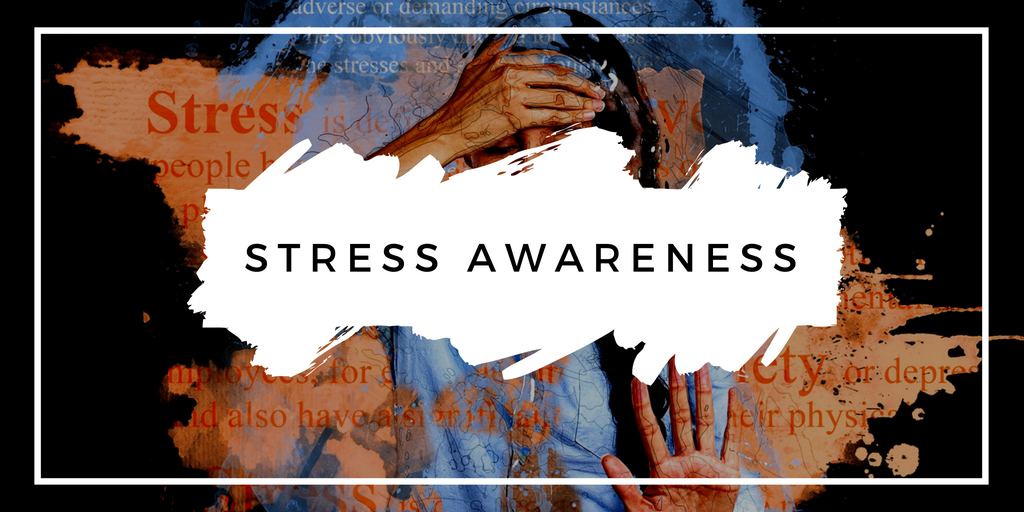Download PDF: ISPL Insight – Stress Awareness
Stress is like a bridge that’s carrying too much weight, eventually, it will collapse.
Do you know when you’re stressed?
At various points in our lives we will be faced with challenging situations, events or excessive demands. In times like these, stress can creep up on us. The triggers for this stress can be many and varied including workload, responsibilities, presentations, bullying or harassment, perfectionism or personal challenges.
Some of the tell-tale signs of stress include:
- Fatigue and poor sleeping
- Becoming short, snappy and easily irritated
- Anxiety
- Headaches
- Stiff neck and shoulders
- Back pain
- Loss of appetite or weight gain
- Difficulty concentrating
- Susceptibility to illness
Stress affects everyone in different ways. If you experience stress over extended periods of time it can lead to more serious health problems.
Responding to the symptoms
Stress is a physical response to emotional and/or mental pressure. The hormones that trigger stress are the same ones which trigger the body’s natural ‘Fight or Flight’ response to danger. When you perceive a threat the stress hormones rush into the bloodstream which increases heart rate, blood pressure and glucose levels. Unfortunately, work pressure and other responsibilities can also trigger the stress response.
 Stress which goes unmanaged or unnoticed can cause unexpected results including panic attacks, mental and emotional breakdown. A professional should be consulted if you are beginning to feel too overwhelmed and struggling to manage stress.
Stress which goes unmanaged or unnoticed can cause unexpected results including panic attacks, mental and emotional breakdown. A professional should be consulted if you are beginning to feel too overwhelmed and struggling to manage stress.
However, if we are able to identify the symptoms of stress during those periods when our bridge is carrying too much weight we can act to prevent the stress from taking over.
Ways to Manage Stress
The first step to managing stress is to identify the symptoms. By doing this you can choose how to respond. Acknowledge that you’re feeling stressed and try to minimise the stress.
 Some great ways to reduce stress include:
Some great ways to reduce stress include:
- Take regular breaks at work
- Go for a walk
- Take some ‘Me’ time by reading a book, having a cup of tea or taking a bath
- Do Yoga
- Try meditation
- Breathing exercises
- Leave work at work
- Don’t just say yes, it’s ok to say no
- Talk to someone about what is causing the stress
10 minutes is all that’s needed to refresh the mind, take care of ourselves and reduce stress.
Recognising Stress in Others
When stress levels are high it can affect the workplace culture and home life. Being able to recognise the symptoms of stress in others as well as ourselves is important and can help stop stress from spiralling out of control. Some of the signs to look for include losing their temper quickly, becoming snappy, having difficulty concentrating on tasks and making decisions or worrying and anxiety.
If you suspect that someone in your office or family is not coping well with stress, speak to them about it. Suggest taking a break and going for a walk together. If possible, try to reduce the workload or discuss ways to manage and prioritise tasks.
Life is short. Don’t let stress take over. Many employers offer access to support services which can assist with developing coping mechanisms and resilience to stress. Don’t be afraid to seek them out.
Remember, stress is a natural and important part of life. Just don’t let it take control of your life.
There are lots of useful tools on the internet that can help to identify stress and suggest ways to manage stress. These are worth reading for more information:

